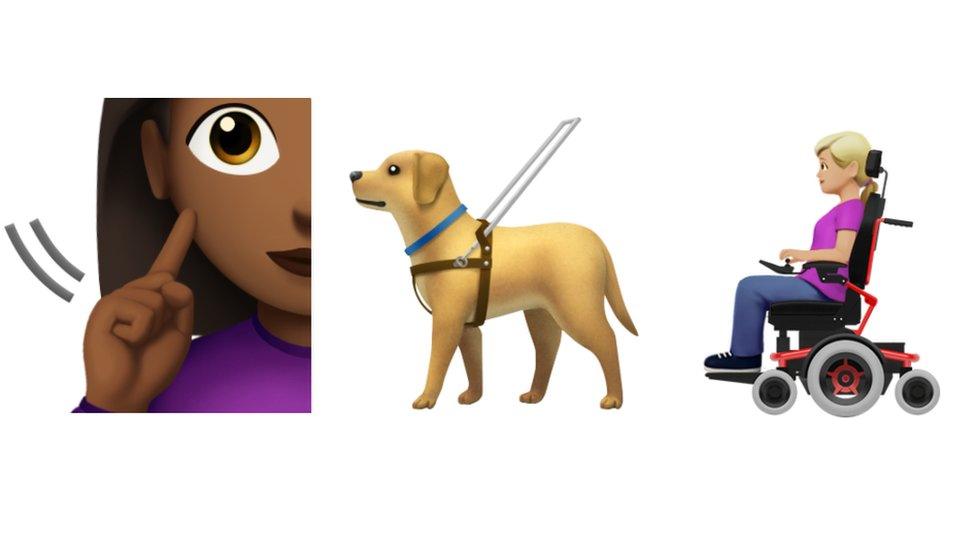Shaking head and mean goose among new emojis
- Published
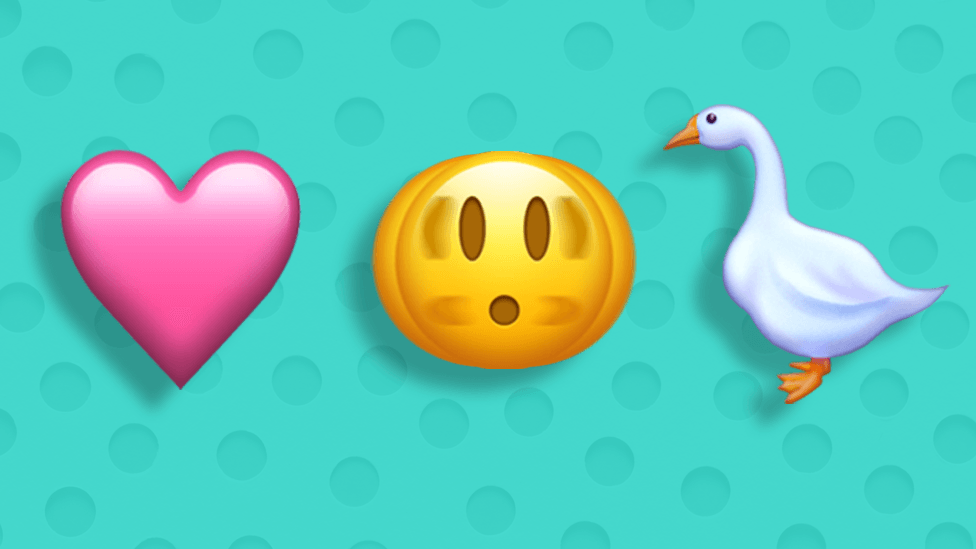
A shaking head, new heart colours and a familiar goose are among a new group of emojis set to be released this year.
Unicode Consortium's list contains only 31 new emojis, which expand what can be said through pictures and symbols in text and online messages.
This is a much smaller release than last year's 112 emojis, which included pregnant people, a crutch and a low battery sign.
The succinct release has been met with a mostly positive response online.
The emojis will go through a final round of approval in September before they are released.
Emoji reference website Emojipedia said while some emojis may not make the final version, most that reach this stage are confirmed.
The inclusion of the goose emoji has drawn comparisons to modern indie gaming hit Untitled Goose Game, which sees players take control of a horrible goose.
But while the design may seem familiar, it may not necessarily look the same when it appears on phones.
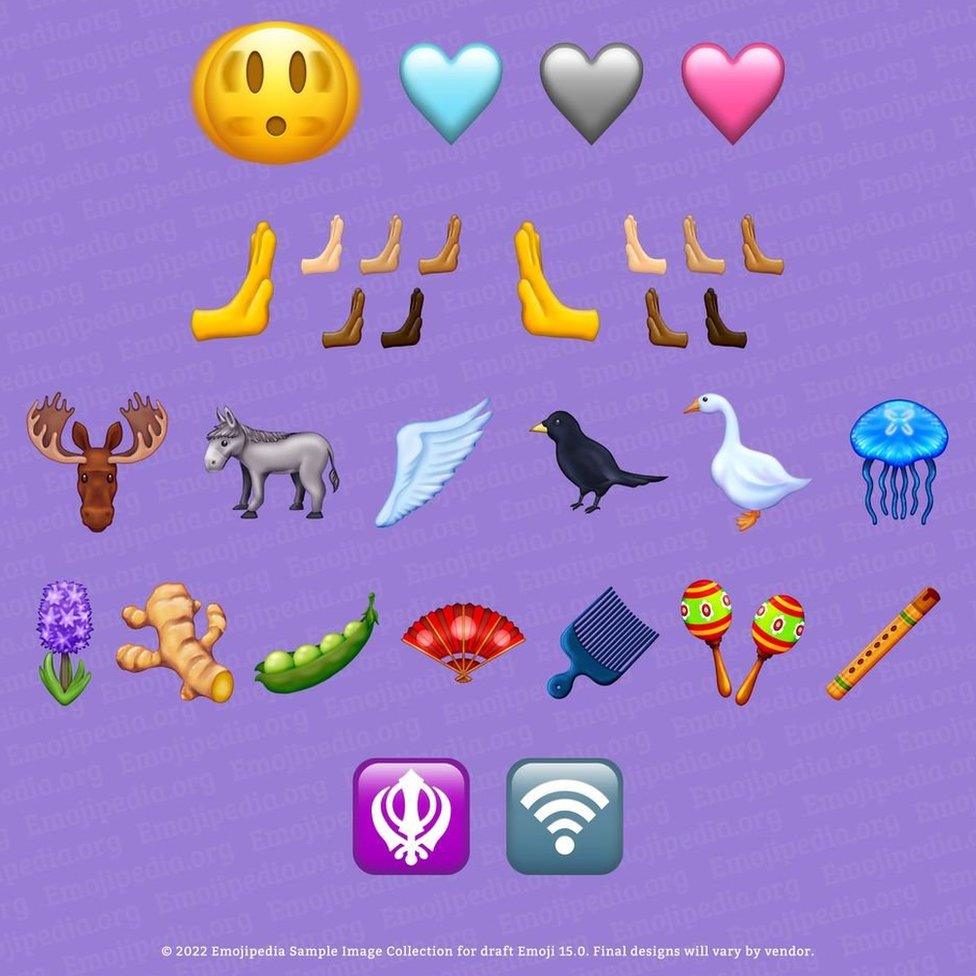
All the emojis planned to be included in Emoji 15.0
The designs seen here are samples designed by Emojipedia for the Emoji 15.0 release. Companies including Apple, Google and Samsung must make their own designs for the emojis.
The chosen emojis are selected by Unicode Consortium, a non-profit organisation based in California.
Earthquake or shocked?
Keith Broni, editor in chief of Emojipedia, said the smaller number of emojis this year was an "intentional choice".
"The Unicode emoji subcommittee want to take more time to consider what will go on the emoji keyboard," he said. "In previous years a lot of things were added.
"They want to look at what can we add that is going to represent symbols that we know or experiences we have had - things like a face being shook or the pink hearts."
He said people were excited to see the pink heart emoji finally included, but he was particularly interested in the utility of the shaking head.
"It is most likely going to be used when we are metaphorically or physically shook," he said. "But a lot of the rationale behind this has been - how can we convey what happens to a person when they're undergoing the experience of being in an earthquake?
"It's also quite a common visual cue in comic books and cartoons, where people shake their heads so rapidly because they're shocked or flabbergasted."
He added that their designer probably took "healthy inspiration" from the goose video game for the relevant emoji - but it has meaning beyond that.
"In the case of the goose, the concept goes back to how we use language in an expressive way," he said. "What other things can we say with these emojis?
"How can we forget the English idiom 'silly goose'? Through the emoji, that English language idiom becomes a piece of knowledge that can be represented across cultures."
Related topics
- Published18 August 2021
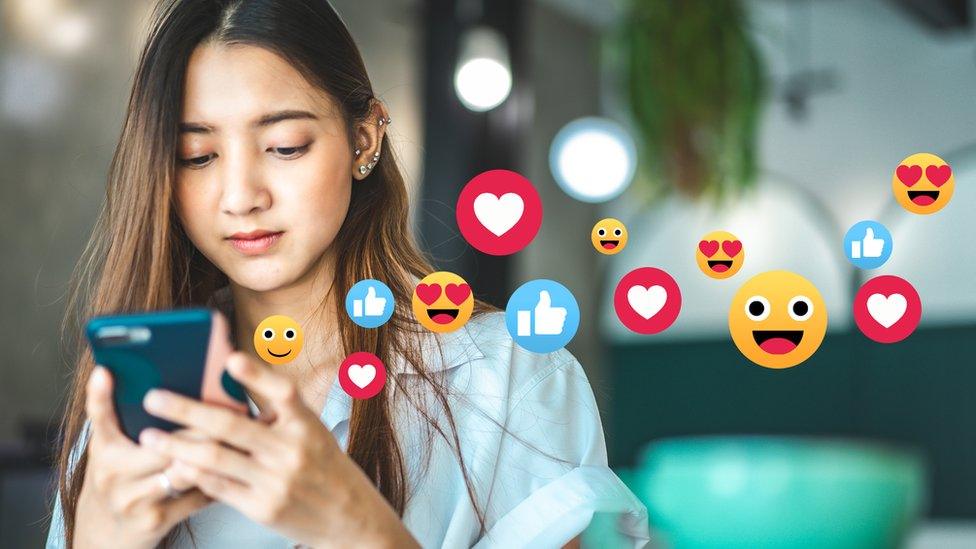
- Published3 February 2020
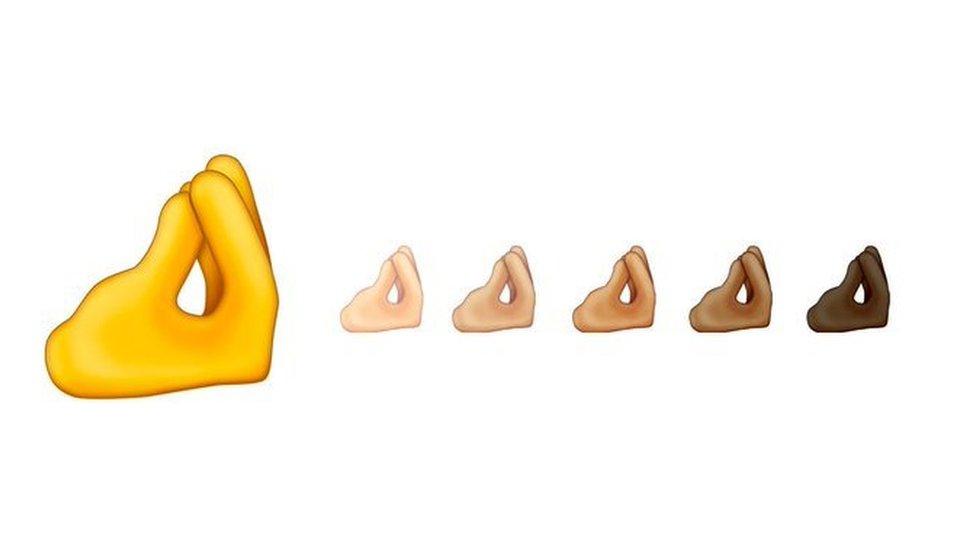
- Published17 July 2019
